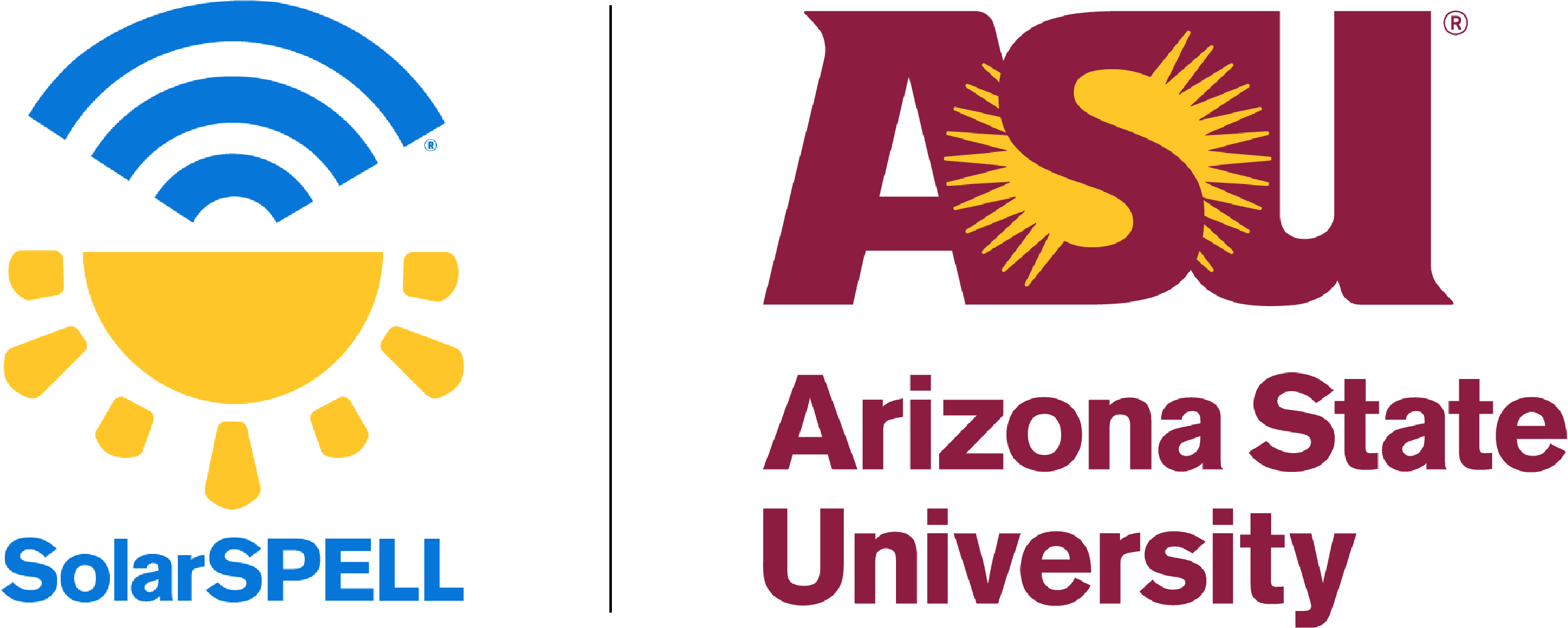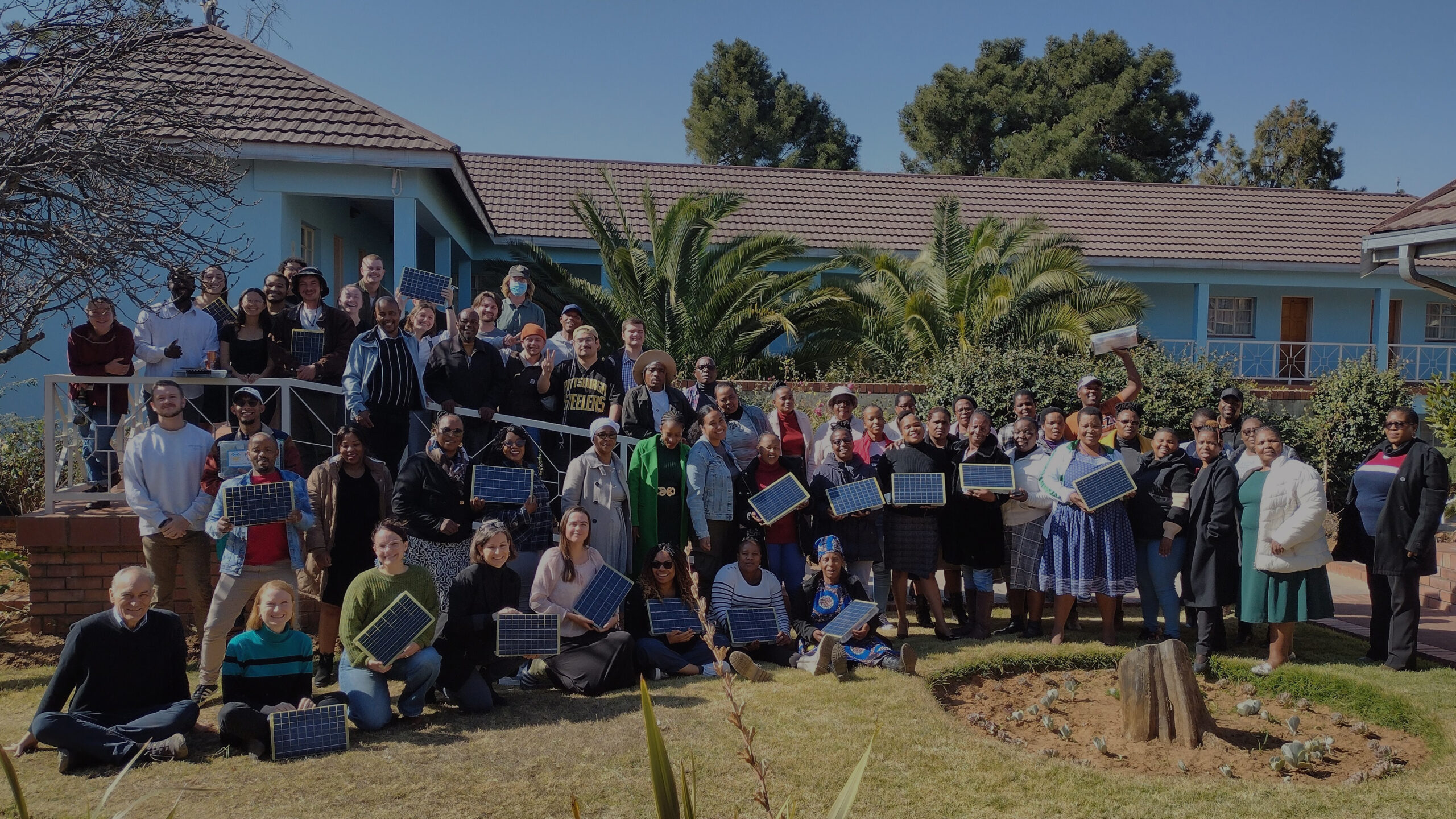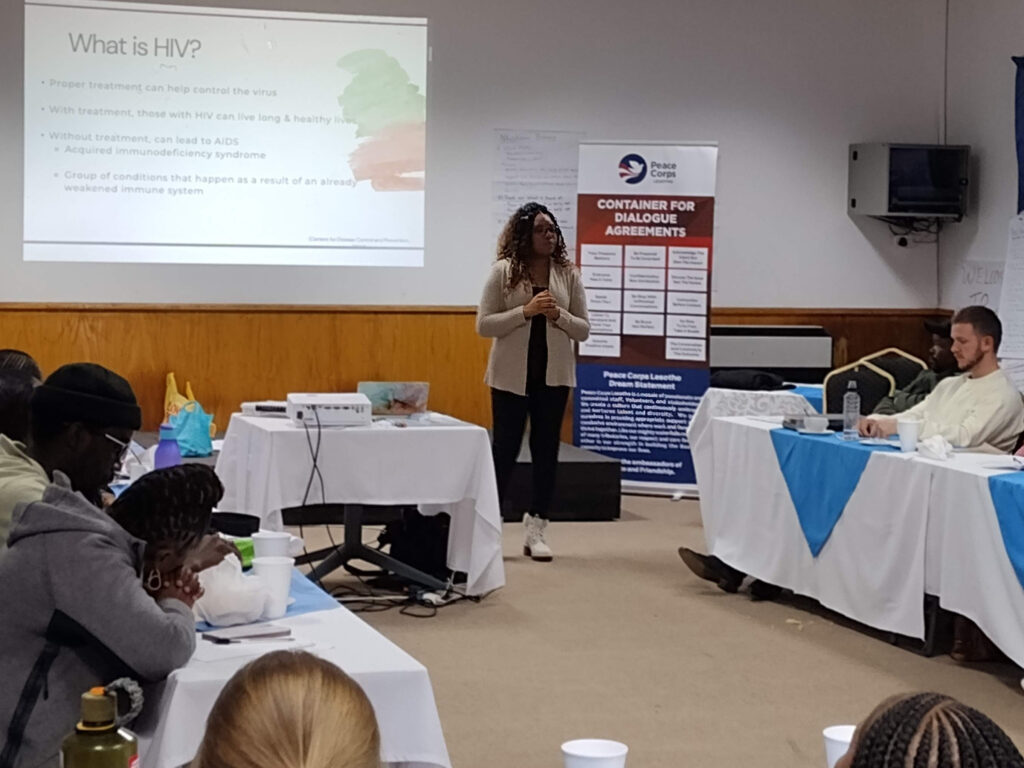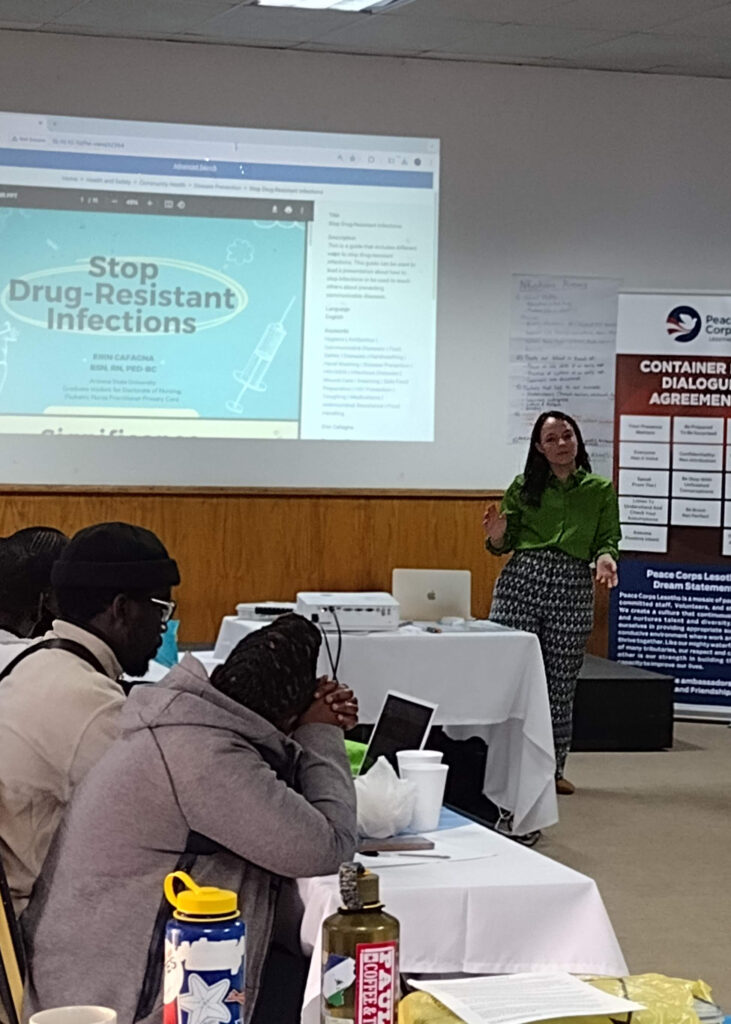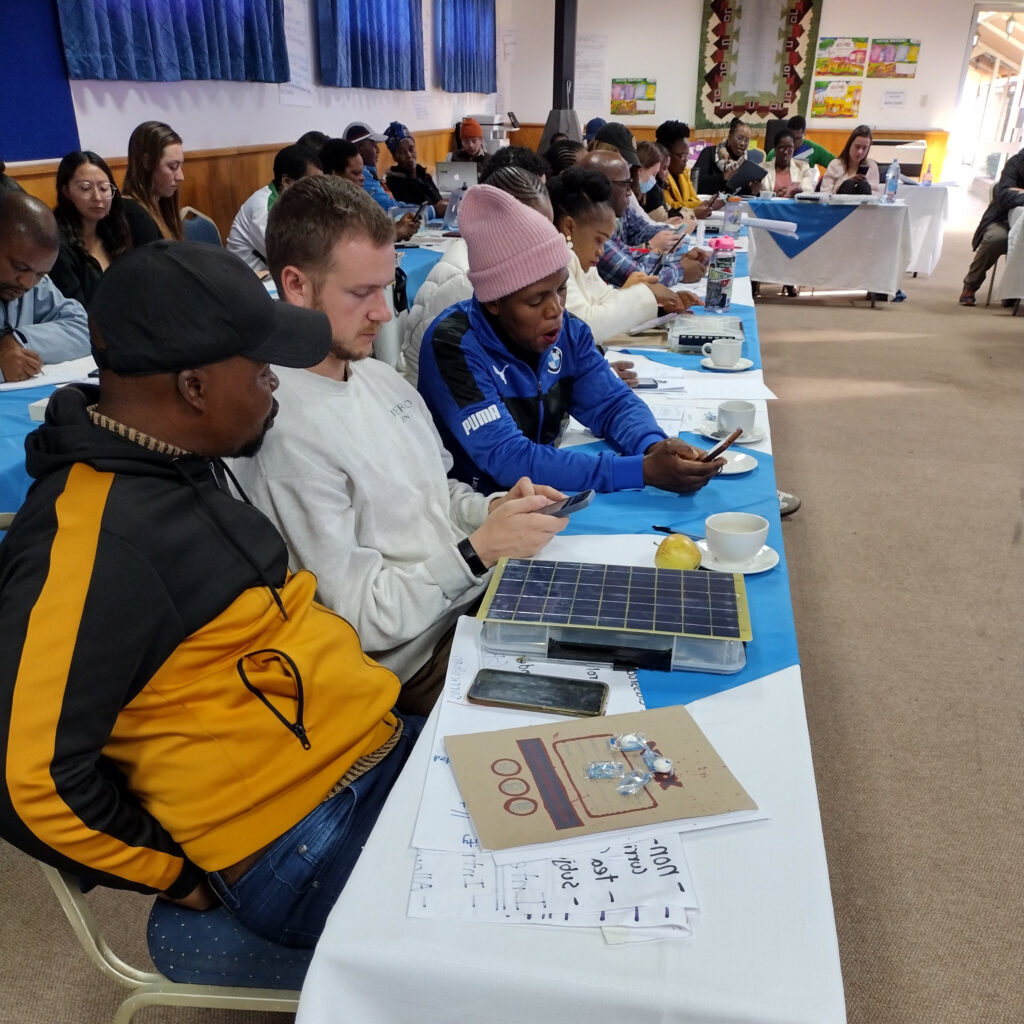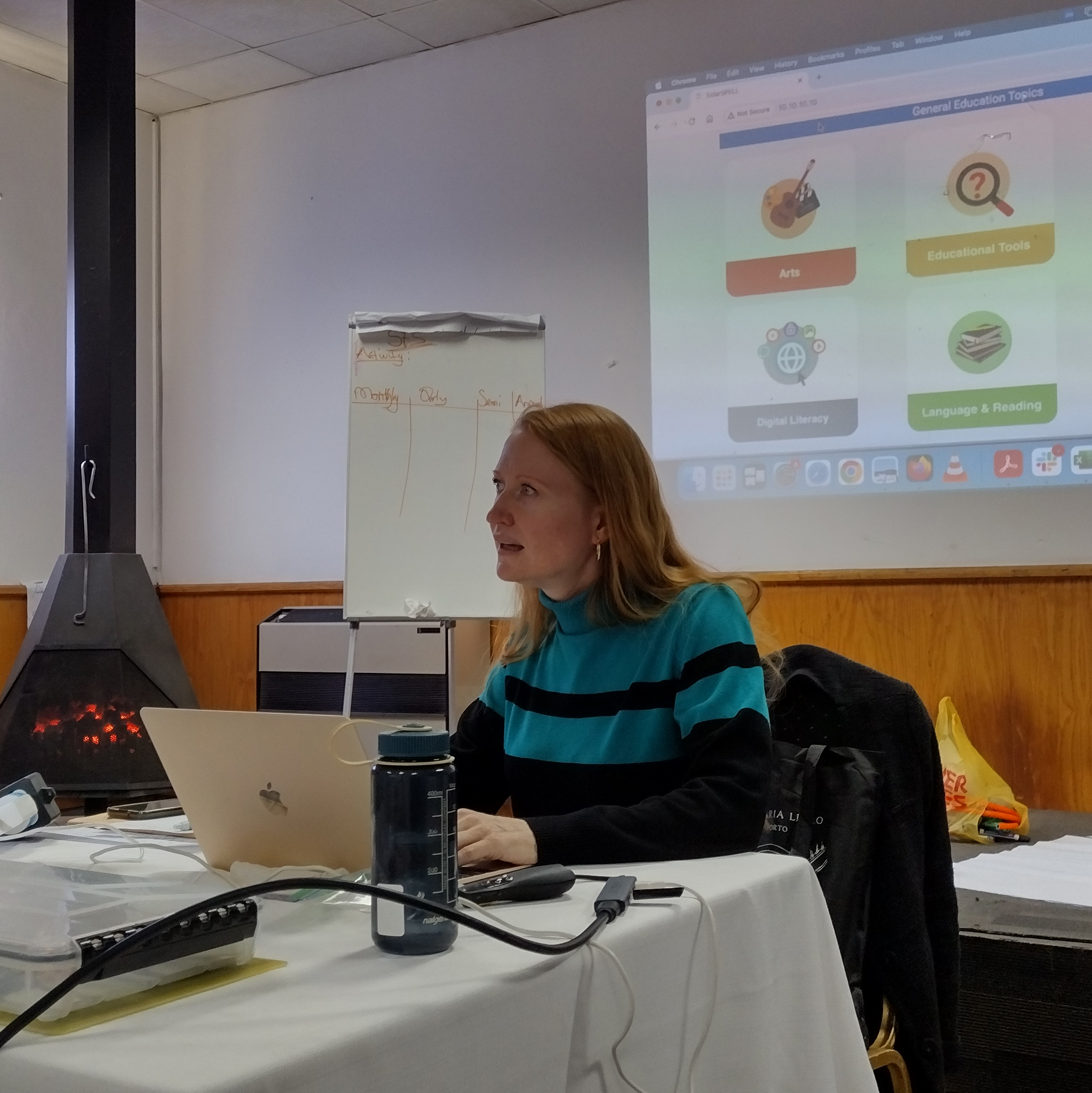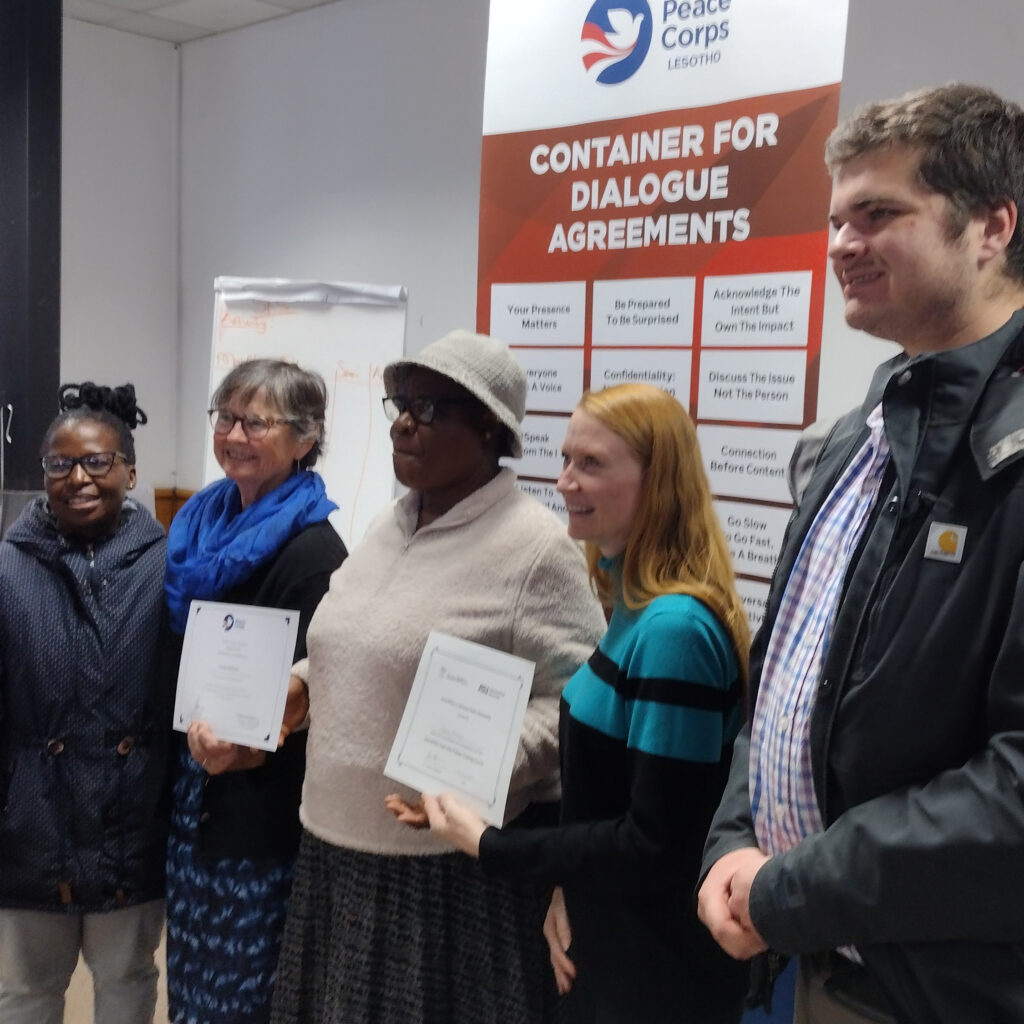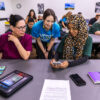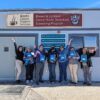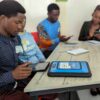In July 2024 the SolarSPELL team returned to Lesotho and led a multi-day training with Peace Corps Volunteers (PCVs), local counterpart-teachers and principals, representing 20 schools from across the country. This marked the fourth training in two years that our team had the opportunity to conduct in collaboration with Peace Corps Lesotho.
It was also a rather unique training for SolarSPELL, in that it was a reunion with the PCVs and teachers who participated in our train-the-trainer workshop back in January. It was fantastic to see so many familiar faces, and meeting them again at the six-month mark allowed us to conduct our impact evaluation with a large number of respondents — for which we’re extremely grateful!
One third of the group, however, we were meeting for the first time — the principals from each of these 20 schools. We feel so fortunate for their participation because we know how much added support administrators provide for SolarSPELL library use.
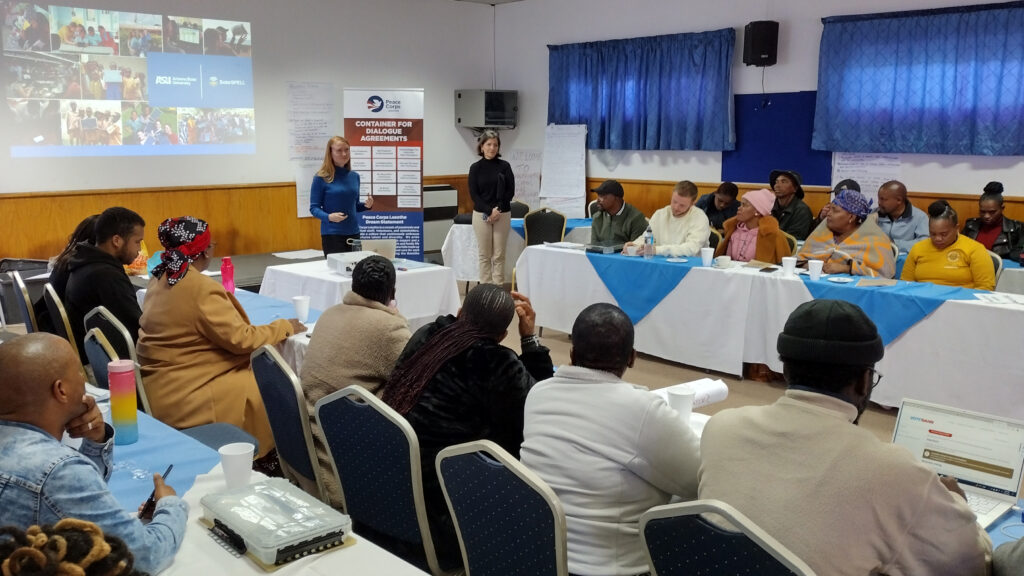
Photo by Bruce Baikie / SolarSPELL
The training kicked off as usual with (re-)introductions, a history/overview of the SolarSPELL initiative, and then a tour of the library’s new content.
Next, Taliyah and Erin — two ASU Doctor of Nursing Practice (DNP) students who created student-friendly health resources for the library as part of their studies — presented on HIV-AIDS and anti-microbial resistance, respectively. Both presentations elicited great interest and numerous questions from the participants.
In the afternoon, the teachers settled into an extremely productive session dedicated to finding resources that they could use in their teaching. Afterwards, they shared out with the larger group which resources they had discovered, and how they would use them. From the excitement and attention level of the teachers, this was an incredibly valuable session!
The following morning was dedicated to sharing best practices for introducing the SolarSPELL libraries at each school and community. Many of the teachers were eager to share the tips, highlights, and even challenges they overcame in ensuring that the libraries became valuable and used in their schools.er 95% of respondents report feeling better equipped to use the internet and other digital technologies, as well as better able to find, evaluate and use new information, as a result of using the SolarSPELL library.
Our final session was dedicated to setting new school-specific goals for library use and formulating school-specific to achieve them. These plans were often ambitious, and included ideas like making sure the SolarSPELL library was used by each teacher at least once a week, introducing the library to parents in a community night, setting up plans for a computer lab as a home for the SolarSPELL library, instituting a SolarSPELL student club, and allowing existing student clubs to use the SolarSPELL library.
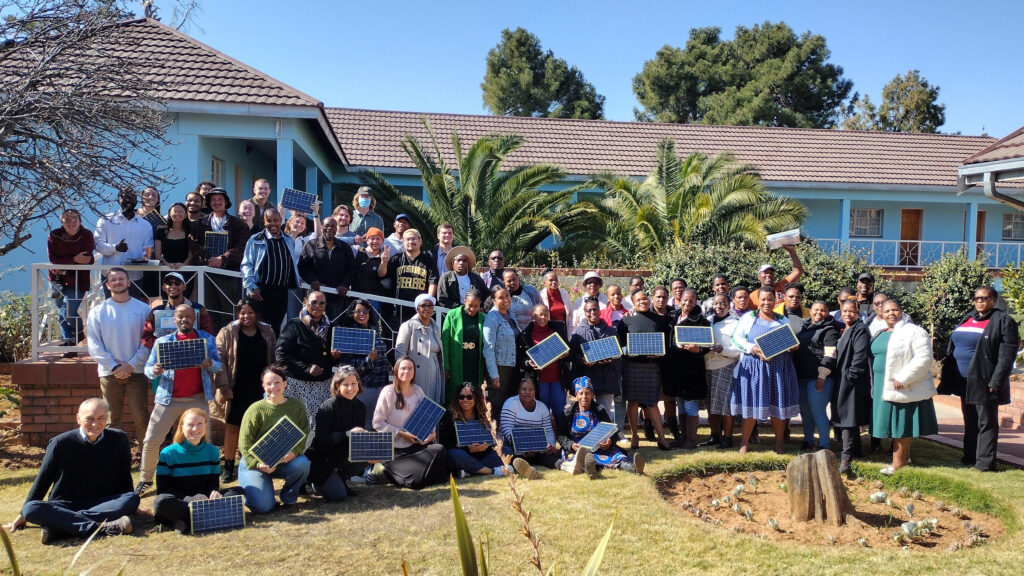
Sign up to have new blog posts sent straight to your inbox:
